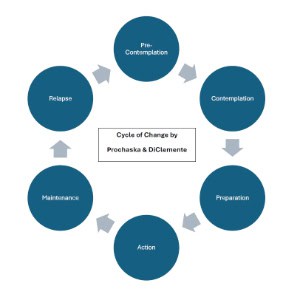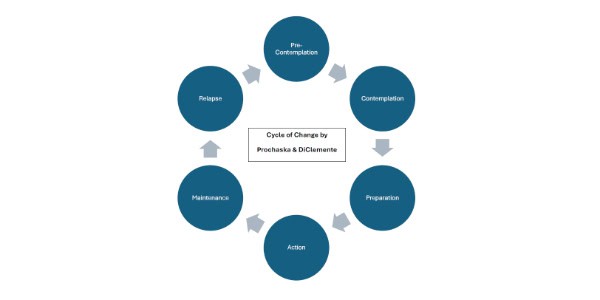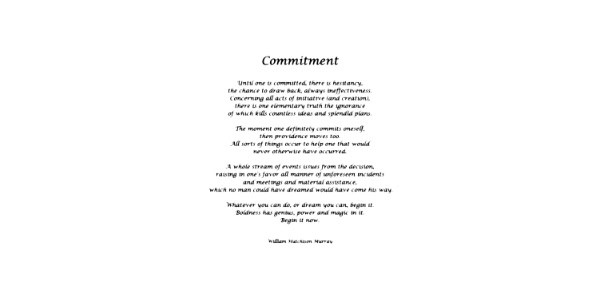Keep Practising and Improving (WT783)
BlogI don’t know about you, but this week I’ve been resitting a training course I attended about 12 months ago and it’s like I never attended.
As we went through the exercises, I kept thinking, “I don’t remember this. I can’t recall doing that before.”
I’m guessing this has happened to you. How come?
Because this week I presented the final session for a 6 month internal customised training program for a client and as we revised what we had learned over the period, it was clear that some of the participants, like me with my course, hadn’t fully taken in the information when first presented.
As I reflect on this, I’m reminded of past participants of the Leading Yourself and Leading Others experience who have attended more than once. Their feedback has been similar to my experience.
“I’ve picked up so much more this time around. I’m getting more and more distinctions.”
So, if you’ve already graduated from our LSLO experience, it might be time to consider attending again.
The real lesson here is to keep practising and improving.
My favourite quote in the whole world is by English Philosopher, Herbert Spencer, who said, “The Great Aim of Education Is Not Knowledge but Action”.
It’s not enough for us to attend training and pay attention and learn and then think we “know it”.
We only know it when we embody it.
We demonstrate that we have embodied the knowledge when we actually use it, ie. we do the thing we have learned. We take the action.
For example, you can read a book on how to swim. You can watch a video on how to ride a bike. You can watch a live demonstration of both of these things, however you will not be able to swim or ride a bike until you get in the pool or on the bike and start swimming or riding.
It’s not rocket science.
Do the thing. Keep practising and improving.
P.S. Invite your friends to get the Weekly Thought delivered directly to their inbox.
Go to https://shirleydalton.com/Weekly-Thoughts.













